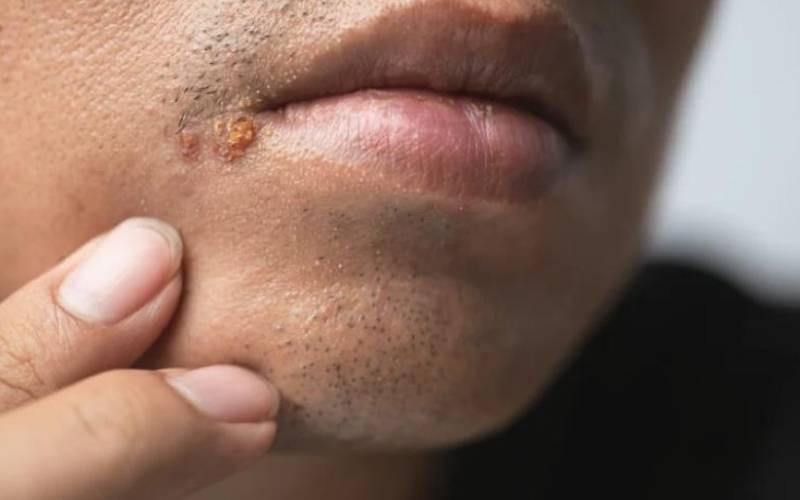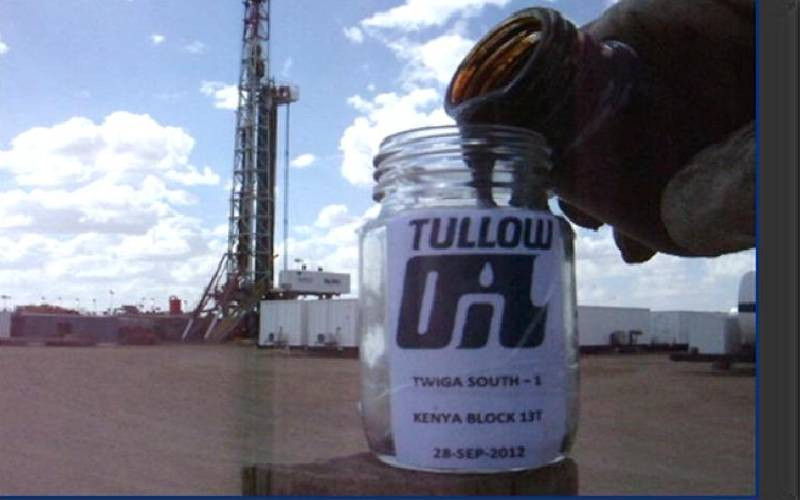×
The Standard e-Paper
Join Thousands of Readers

So, what exactly are cold sores? According to Dr Kakai Kulabusia, a medical immunology specialist, these are small blister-like spots that appear in or around the outside of the mouth and are caused by infection with the herpes simplex virus.
it was discovered that eating a lot of ultra-processed food increased the risk of obesity, Crohn's disease, heart disease, Type 2 diabetes, depression, wheezing and unfavourable sleep-related issues.







